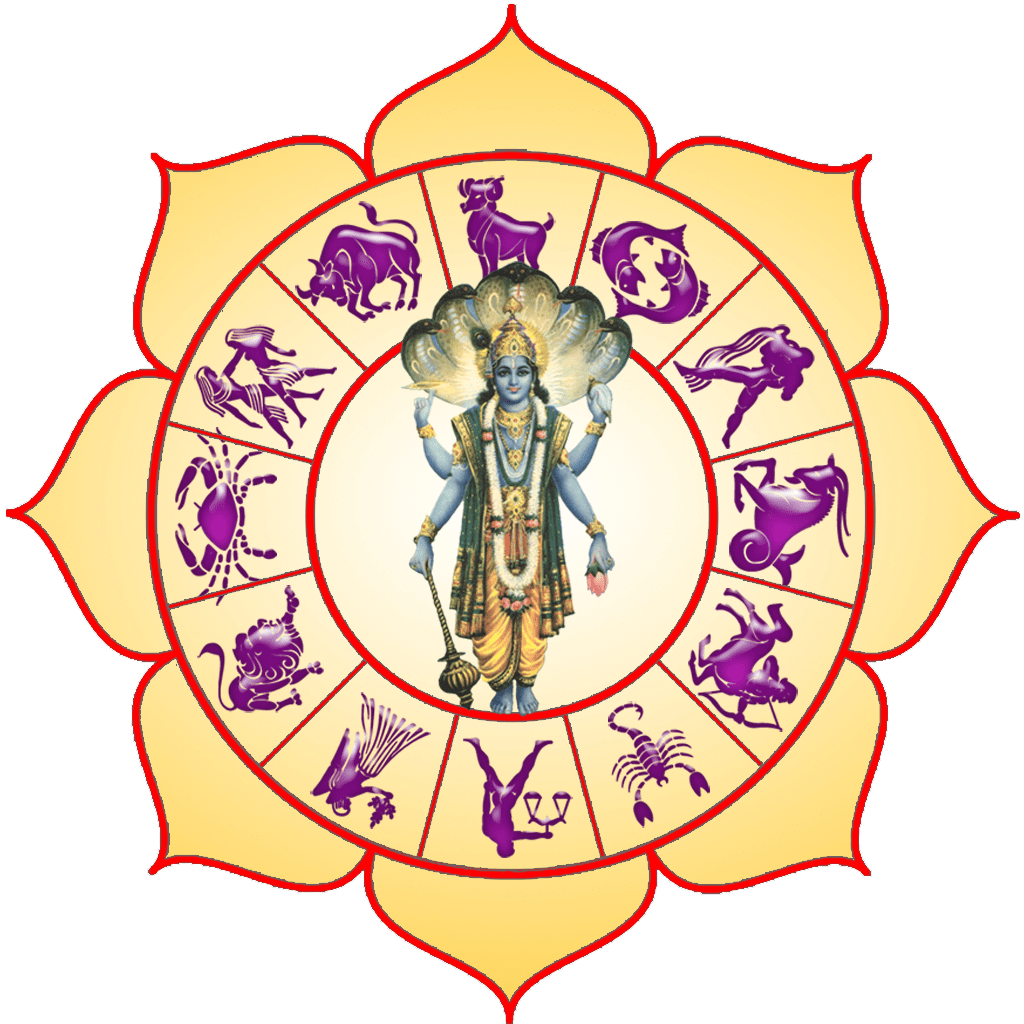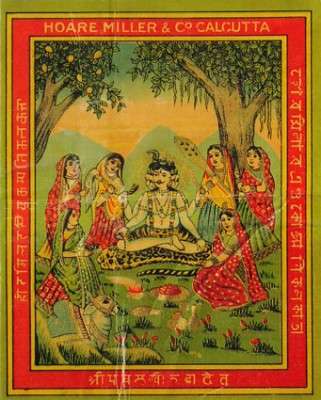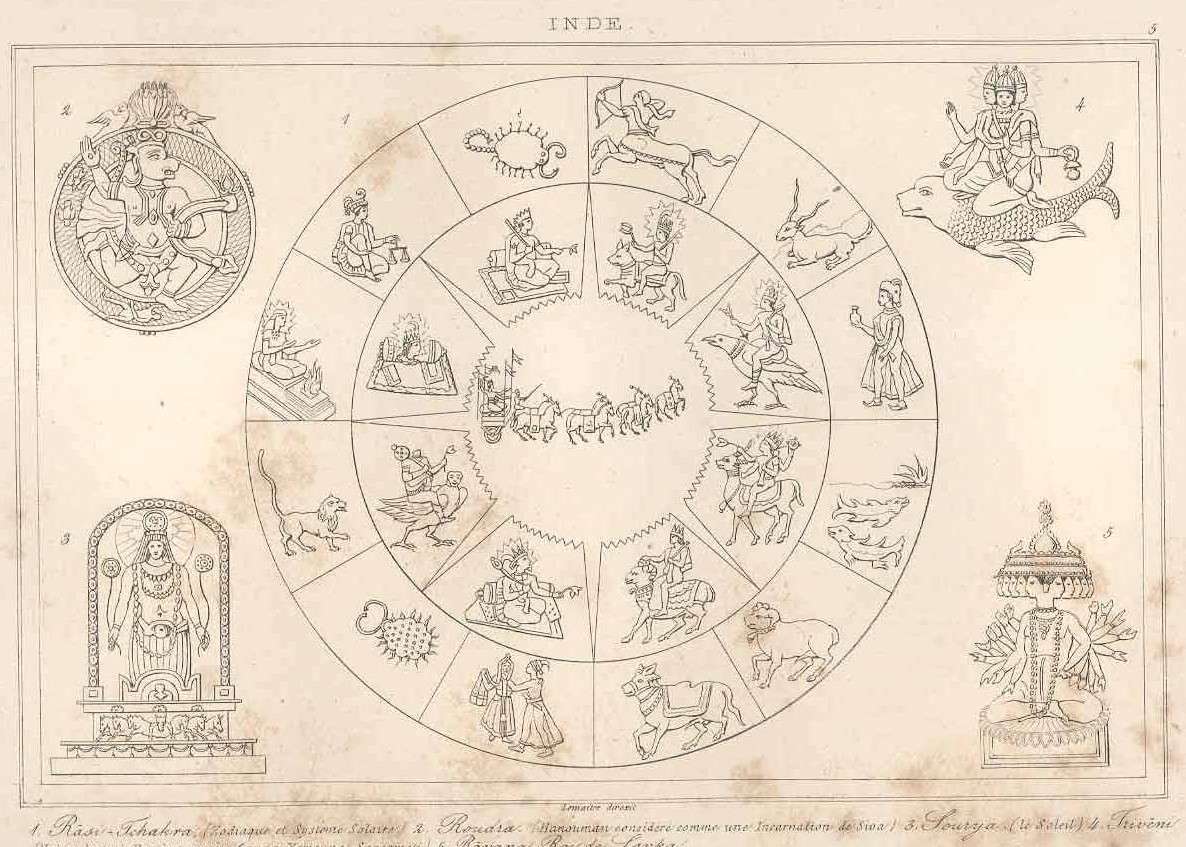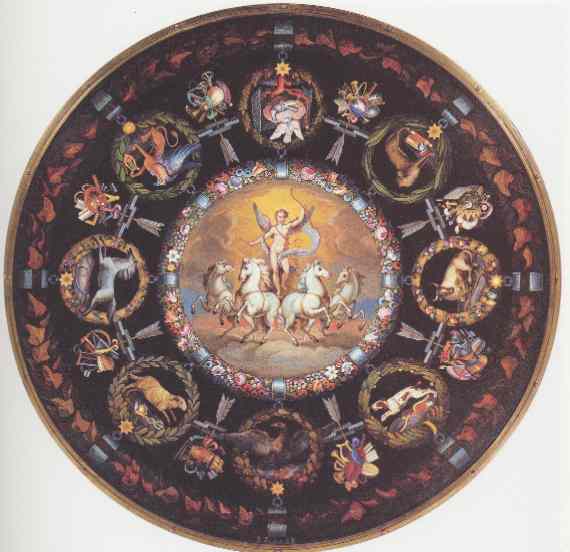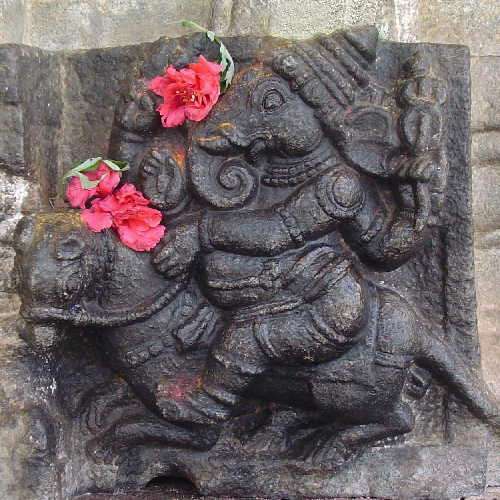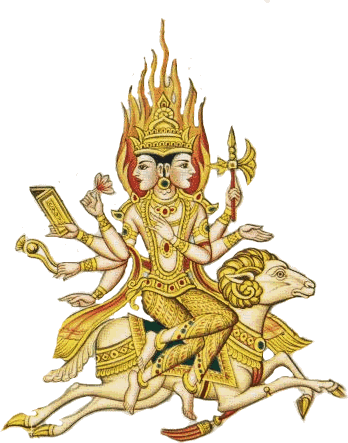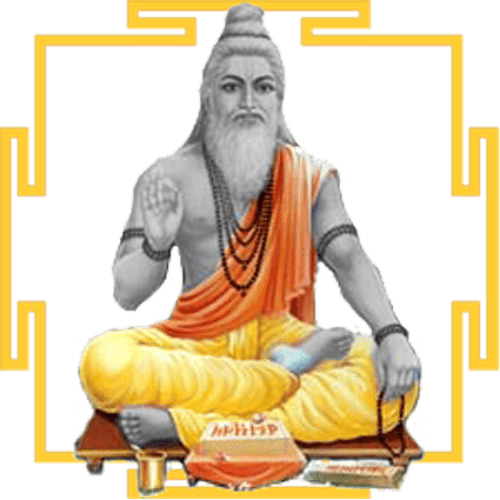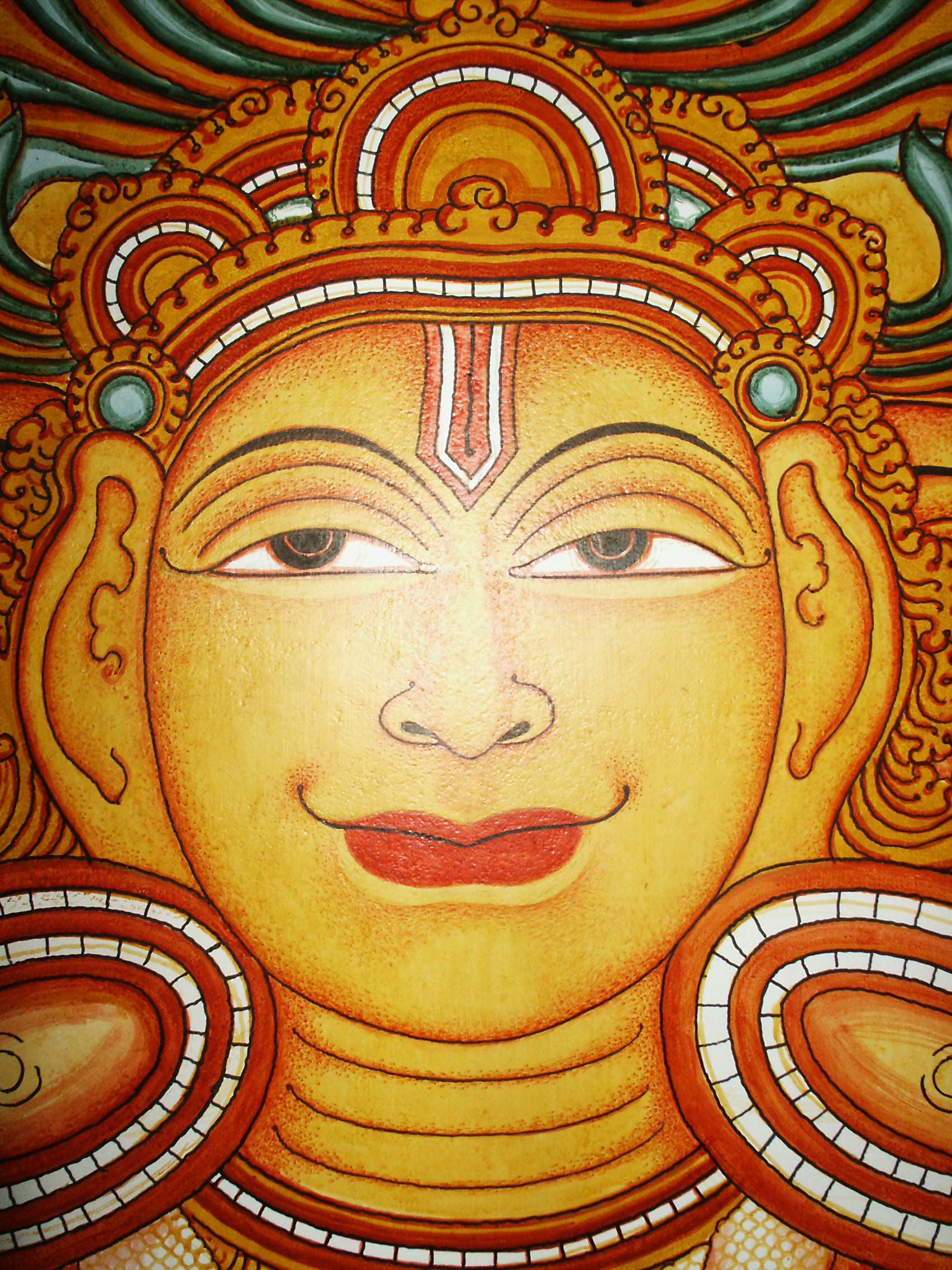![]() The Sanskrit word avatāraḥ is derived from ava meaning ‘down’ or descent andtarati meaning ‘crossing over or tiding over’ and refers to the deliberate descent of a deity, immortal being or the Supreme Being from heaven (normally Viṣṇu) for specific purpose(s). As a noun, avatar also means a new personification of a familiar, idea1 like an embodiment2 or a temporary manifestation3.
The Sanskrit word avatāraḥ is derived from ava meaning ‘down’ or descent andtarati meaning ‘crossing over or tiding over’ and refers to the deliberate descent of a deity, immortal being or the Supreme Being from heaven (normally Viṣṇu) for specific purpose(s). As a noun, avatar also means a new personification of a familiar, idea1 like an embodiment2 or a temporary manifestation3.
God is one in Hinduism, to which there is no doubt and is represented by the sacred syllable om (ॐ).
1 WordNet, Princeton University
2 An embodiment, as of a quality or concept; an archetype: ‘the very avatar of cunning’. The American Heritage® Dictionary of the English Language, Fourth Edition; Dictionary.com
3 A temporary manifestation or aspect of a continuing entity: ‘occultism in its present avatar’. The American Heritage® Dictionary of the English Language, Fourth Edition; Dictionary.com
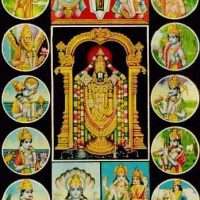 Avatāra - Mahāṛṣi Parāśara speaks of the dasa avatāra at the beginning of the work Bṛhat Parāśara Horā Śāstra and dedicated a whole chapter titled avatārakathana adhyāyaḥ to the study of the incarnations (avatāra) of Viṣṇu. Of the list of eleven avatāra, Parāśara omits Balarāma as, strictly speaking, Balarāma is an incarnation of Vāsuki, the divine serpent guardian of Viṣṇu.
Table 2: Parāśara dasa avatāra
Graha
Sun
Moon
Mars
Mercury
Jupiter
Avatāra
Rāmacandra
Kṛṣṇa
Nṛsiṁha
Buddha
Vāmana
Graha
Venus
Saturn
Rāhu
Ketu
Lagna
Avatāra
Paraśurāma
Kūrma
Varāha
Matsya
Kalki
Dasavatara PDF
Avatāra - Mahāṛṣi Parāśara speaks of the dasa avatāra at the beginning of the work Bṛhat Parāśara Horā Śāstra and dedicated a whole chapter titled avatārakathana adhyāyaḥ to the study of the incarnations (avatāra) of Viṣṇu. Of the list of eleven avatāra, Parāśara omits Balarāma as, strictly speaking, Balarāma is an incarnation of Vāsuki, the divine serpent guardian of Viṣṇu.
Table 2: Parāśara dasa avatāra
Graha
Sun
Moon
Mars
Mercury
Jupiter
Avatāra
Rāmacandra
Kṛṣṇa
Nṛsiṁha
Buddha
Vāmana
Graha
Venus
Saturn
Rāhu
Ketu
Lagna
Avatāra
Paraśurāma
Kūrma
Varāha
Matsya
Kalki
Dasavatara PDF
